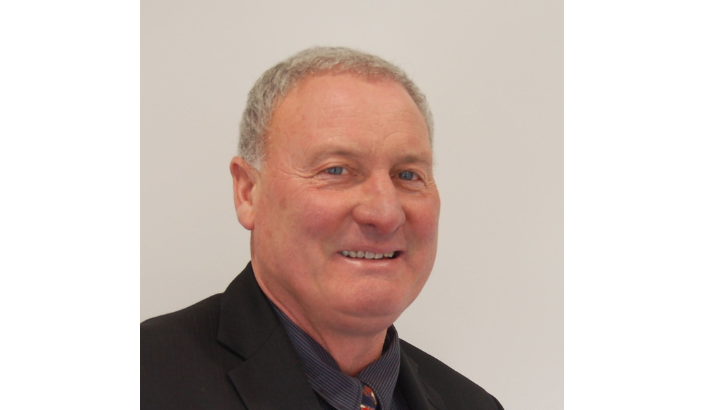Alan Birchfield on Coal


Alan Birchfield. Photo: Supplied.
Coal is a clean energy these days burned in modern furnaces its not the grubby energy it used to be. But these days we’re purchasing lots of it from Indonesia, says Alan Birchfield, Regional Councillor and West Coast Gold and Coal Miner.
Last year New Zealand imported more than we had in 14 years, and this year we’re importing more to keep the economy working.
It appears, in spite of, Green Party moves, the economy can’t work without massive amounts of coal, says, Alan. Environmental advocates say we’ve been resting on our clean, green laurels for decades without doing anything to increase our renewable energy generation.
“The electricity network is very complex, and is finely balanced,” he says. “It takes a long time to make infrastructure changes, and societal, behavioural changes.
So, any reduction or short-term reduction has a knock-on effect. Coal is making up the difference unless we want the nation to suffer power blackouts or companies such as Fonterra stop exporting milk powder. Coal is also needed to fire up the aging and poorly maintained Huntly Power Station to keep the lights on in Auckland.
So where has the planning been? We have had a high level of renewable electricity. Between 80 and 90 percent since the 1970s. We’ve had big dams for a long time that have produced a lot of hydropower. We haven’t built any more dams, and we’ve had a huge population increase, add to that, lifestyle changes where we are using more and more electricity. Supply hasn’t been able to keep up.
The problem for environmental advocates is, yes, coal right now may be needed, and we admit that it’s still being sold on the West Coast. So, coal is a necessary evil in this situation. But for environmental advocates this represents a massive failure in infrastructure planning by successive governments for the last 20 years.
There are still questions to be asked about the cost and quality of imported coal in comparison to locally produced high quality coal. New Zealand people often have simplistic high school level understanding of Climate Change and the actual effects of proposed mitigation which may not actually produce more climate friendly outcomes.
When it comes to cost of importation, supply chain issues, loss of jobs and the long-term planning required to get the outcomes we all want. Serious debate and clarity from grass roots people is still needed.
